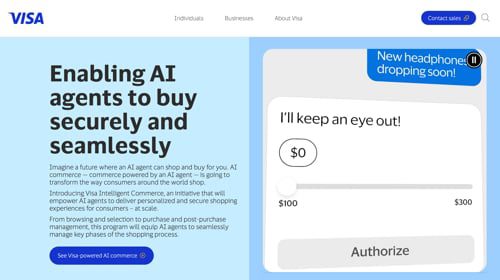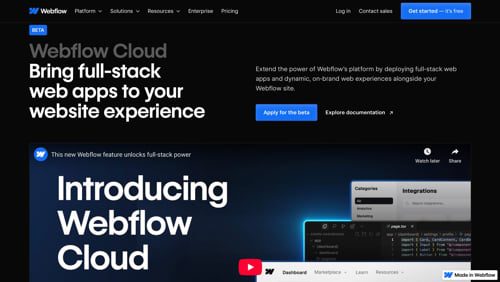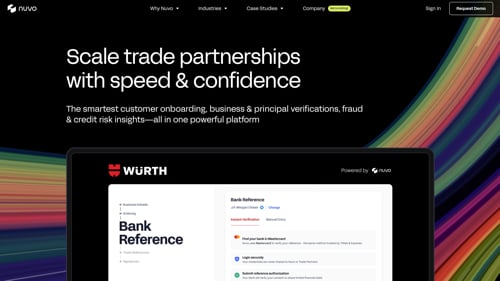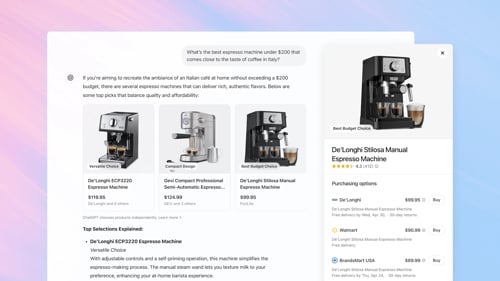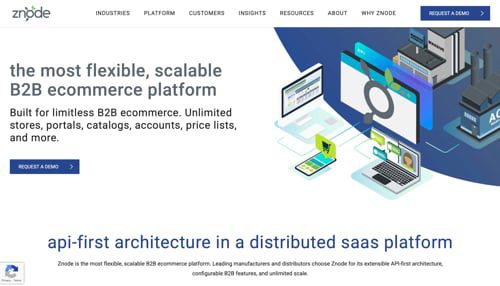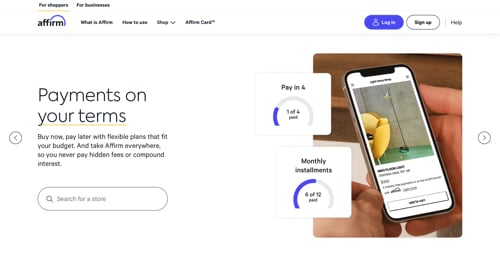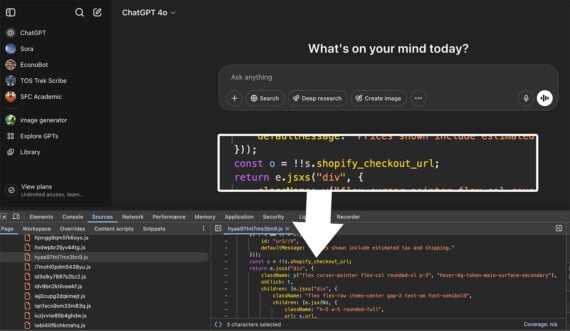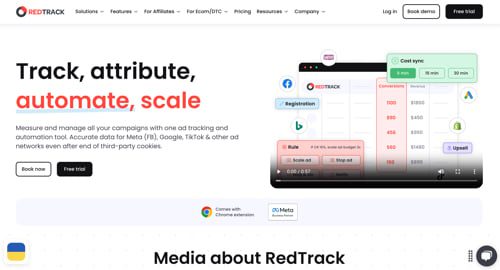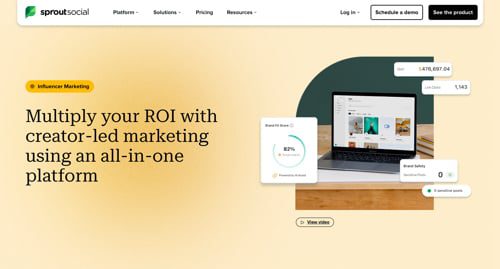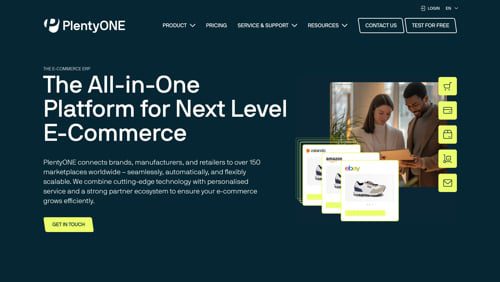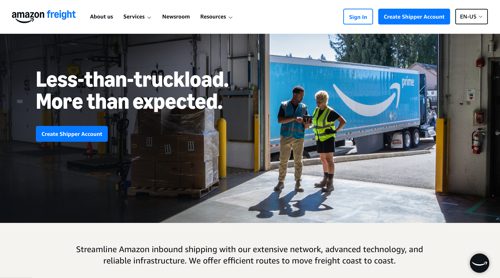Shopify’s New AI Tools Empower Merchants
Last week Shopify released “Editions,” its semi-annual platform update, with a slew of AI-fueled tools to ease launching, operating, and scaling a store.
For more than a decade, ecommerce platforms have competed on extensibility. The best solutions were often the most customizable and adaptable, with open APIs, app marketplaces, and flexible themes.
Extensibility
Shopify has thrived because of extensibility, the ability to tailor seemingly endless storefronts — from local boutiques to billion-dollar direct-to-consumer brands.
This flexibility has paid off for merchants, too. The combined sales of all U.S.-based Shopify merchants trail only Amazon among all nationwide retailers, ahead of eBay and Walmart.
But extensibility is now a lesser competitive edge.
The advent of generative AI has changed how people work. Shopify now inserts AI at its platform’s core, empowering merchants with speed, simplicity, and autonomy.
Horizon Theme
Consider Shopify’s new Horizon theme. It’s not merely an aesthetically trendy refresh of the Dawn theme, but the apparent foundation for a new generation of merchant experiences built around modularity, speed, and AI-assisted design.

Horizon represents a new foundation for theme-building, such as Pitch for beauty, fashion, and skincare.
At the core of Horizon is Theme Blocks, a new concept introduced to developers last fall. With drag-and-drop controls, merchants can rearrange these modular, self-contained components, such as product sliders, image galleries, promotional banners, and custom content sections.
Shopify includes a robust set of ready-made Theme Blocks but also allows for AI-generated versions.



AI can generate Shopify Theme Blocks with custom layouts.
Merchants can describe design elements such as “a banner with text overlay and fade-in animation,” and the system will generate a functioning Theme Block to match.
Adding Theme Blocks and generative AI implies that some small and mid-sized storekeepers who might have purchased a custom theme or hired a developer to tweak one can now do it themselves. It’s a significant usability gain built atop Shopify’s extensible base.
AI-Powered Store Builder
Shopify’s new AI-powered store builder turns a week-long process into something closer to a guided conversation. Rather than starting from scratch, a store owner can enter a couple of descriptive keywords. Shopify will return three layout options, each populated with images, text, and structure — ready for editing.
The builder lowers the barrier to launching a quality storefront without sacrificing aesthetics.
Sidekick
Shopify’s AI-powered assistant, Sidekick, also received usability upgrades.
Sidekick now connects multiple data sources, performs multi-step analysis, and delivers relatively more insights.
For example, Sidekick can help a merchant diagnose why sales dipped on a product line, suggest ways to re-engage a lapsed customer segment, or walk users through admin tasks via voice chat and screen sharing.
These enhancements make Sidekick less like a chatbot and more like a co-pilot, or at least the foundation for one. It is another sign that Shopify prioritizes tools that reduce complexity and give everyday merchants more control without requiring technical expertise or development resources.
Usability and Extensibility
Shopify’s “usability” updates have not reduced its extensibility. Developers can still access Liquid, APIs, and the platform’s vast app ecosystem.
Sellers can extend, customize, and integrate Horizon themes, like previous versions.
But now, non-technical merchants have a customization path via natural language, drag-and-drop editing, and AI assistance. Shopify is layering usability on top of extensibility, expanding who can build, launch, and manage a storefront.
The Trend
Shopify’s usability push likely reflects a general software and digital commerce trend.
As generative AI becomes more capable, platform value shifts away from raw flexibility and toward outcomes such as how quickly a merchant can grow without adding complexity.
It’s especially relevant as entrepreneurs bootstrap solo ventures or side hustles. These merchants need tools that lower friction and overhead.
AI tools on Shopify and elsewhere now:
The new usability mindset isn’t just for new sellers. Experienced operators can do more with fewer resources.










